Putin's dilemma: 'Two-faced people' in the authoritarian regime
Wei Da points out that the Wagner rebellion could only have happened because of the "two-faced people" in Putin's inner circle. Such people often emerge from the woodwork at critical moments, taking risks and rebelling. China and other countries may sit up and take notice: whether or not these rebellions work, they are usually fatal blows to authoritarian regimes.
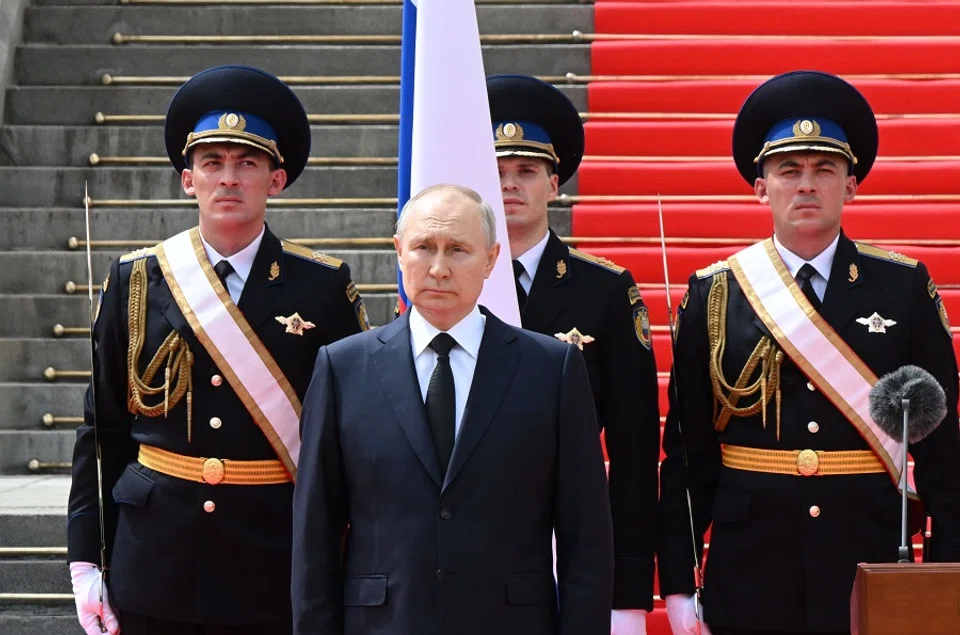
The recent Wagner mutiny in Russia has dealt a twofold blow to Russian President Vladimir Putin.
First of all, both Wagner Group and the group's leader Yevgeny Prigozhin were nurtured by Putin himself. Why did they turn against him at the critical moment? The only explanation is that this was a serious "two-faced" betrayal. Also, no one from the Russian military dared to oppose or stop Wagner's rebellion, and it was even alleged that a senior Russian general had conspired with Prigozhin. In the end, with Belarusian President Alexander Lukashenko playing mediator, the rebels finally stood down.
'Disaffection' with the Russia-Ukraine war a likely cause
As far as one can tell from the information available, it is possible that Prigozhin did not plan to rebel. Rather, he wanted to assert his authority amid infighting within the Russian military. Thus, Prigozhin's actions should not have posed a real threat to Putin's regime. However, the Russian military's inaction and passivity towards Wagner's rebellion was tantamount to giving the green light, condoning their actions and encouraging them to advance towards Moscow.
Generally speaking, an authoritarian regime is more likely to produce two-faced people than a democratic republic...
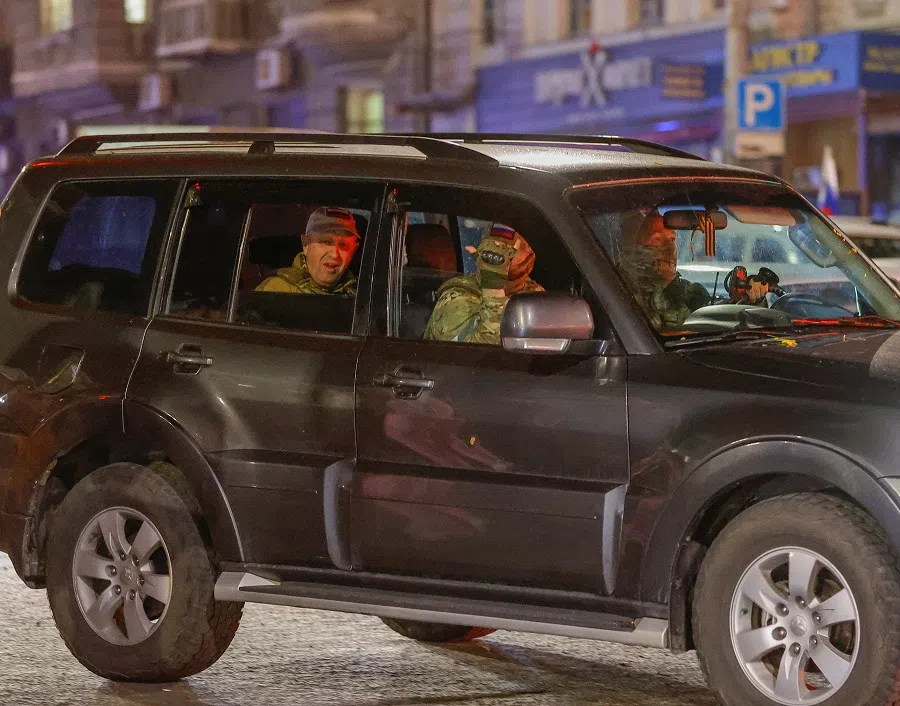
Amid the chaos, such a stance challenged the authority of the central government and Putin. The message signalled by these events should send a shiver down Putin's spine. It seems that in times of crisis, there are many "two-faced people" in the Russian military.
How did so many two-faced people emerge overnight from Putin's seemingly tight group of ruling and military elite? As the saying goes, there's no smoke without fire. William J. Burns, director of the US's Central Intelligence Agency, recently said that the US had a "once-in-a-generation opportunity" to recruit spies and gather intelligence on Russia. This was another way of telling Putin that he was surrounded by a growing number of two-faced people. Burns added that the US was able to bring more people to its side because "disaffection" with the Russia-Ukraine war had "gnaw[ed] away at the Russian leadership", revealing loopholes within Russia.
... the danger of having two-faced people around is obvious: a spark can start a great fire, and a fortress is most easily breached from within.
Trust no one
Thus, we can observe that the so-called two-faced people are mostly those in the inner circle of a regime who have become disillusioned with the leader's policy direction and processes, but do not speak up for fear of endangering their livelihoods. With their shifting loyalties, they may start going undercover, secretly plotting rebellions or turning to serve the enemy.
Generally speaking, an authoritarian regime is more likely to produce two-faced people than a democratic republic for a simple reason: authoritarian regimes often seal off legal and reasonable channels for expressing opinions, emotions and dissatisfaction or even switching allegiances. Thus, the suppressed, hopeless and dangerous environment that results tends to lead to personality distortion and value alienation, creating two-faced people who act one way in the open and another in secret.

Another reason is that authoritarian regimes often advocate extreme ideologies, impose the ruler's will on others and implement radical and extreme policies, which interferes with the conscience and rationality of normal people. When such problems are left unresolved for a long time, they worsen and may turn normal people into two-faced people. Furthermore, the danger of having two-faced people around is obvious: a spark can start a great fire, and a fortress is most easily breached from within.
... the political environment of the Cultural Revolution, with its extreme leftist zeal, was the source of evil that created two-faced people and resulted in the Lin Biao incident.
In sum, two-faced people can also be considered byproducts of authoritarian regimes. While these regimes often demand an individual's absolute loyalty and obedience, they are unable to completely destroy human conscience. Officials may appear to dance to their superior's tune, but their hearts are thinking otherwise. This is how a deadly circle of two-faced people is mass produced.
China could face similar dangers too
Two-faced people have long been present in Chinese politics. The Lin Biao incident during the decade-long Cultural Revolution was the epitome of a two-faced saga, figuratively described as "shouting praises in the open but smothering poison in secret". Recognised in the Chinese Communist Party's constitution as Mao Zedong's "successor", Lin shocked the Chinese nation when he suddenly rebelled and later died in a plane crash in Öndörkhaan, Mongolia.
Evidently, the political environment of the Cultural Revolution, with its extreme leftist zeal, was the source of evil that created two-faced people and resulted in the Lin Biao incident.
There were also two-faced people in Nazi Germany. In the late stages of World War II, at the end of July 1944, just over a month after the Western Allied forces landed in Normandy to initiate the liberation of Europe, there was an unsuccessful coup and assassination attempt on Adolf Hitler in the German capital of Berlin, led by people within the German military. While the coup failed, it signalled the decline of Hitler's regime, which would be completely extinguished in less than nine months.
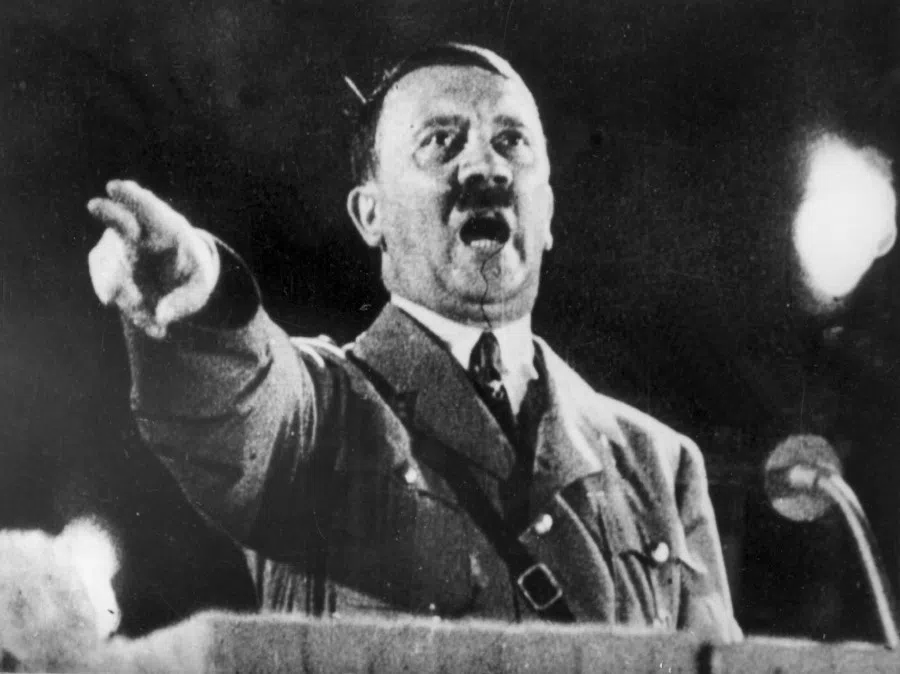
Looking at the Wagner Group rebellion, which occurred shortly after Ukraine launched a counteroffensive, it is evident that under the significant escalation of external pressure, it is easy to trigger two-faced people within the system to take risks and rebel. Whether or not they work, such acts of rebellion are fatal blows to authoritarian regimes.
To reduce the chances of two-faced people emerging, authoritarian regimes often use indoctrination and lecturing in moulding perceptions and values towards becoming self-centric, superior-centric, and book-centric, in order to strengthen loyalty to ideology, institutions, and leaders.
"Self-centric" means prioritising the self when judging right from wrong, rather than emphasising rationality and conscience. Anything related to "my" country's regime, "my" ideology, "my" cultural traditions, "my" racial genes, and "my" production and manufacturing is perfect and correct, and cannot be criticised or picked on, otherwise one is unpatriotic.
Such egotism actually pushes the normal self-confidence, self-improvement and pride of human beings to the perverse extreme of alienation. It distorts the modern civilised developmental mentality, which is supposed to be unassuming, tolerant and friendly, into an exclusive, paranoid and confrontational mentality, with the aim of cultivating and strengthening loyalty.
Putin himself is the biggest creator of two-faced characters.
Instilling obedience could instead encourage two-faced behaviour
"Superior-centric" means instructing subordinates and lower-ranking individuals that they do not need independent thinking and judgement, but to simply obey the authorities and leaders above them; as long as the leader waves everyone forward, that will do. From Nazi Germany to the current regime of Kim Jong Un in North Korea, they have taken a similar approach - treating the masses as a herd of sheep that simply need to follow the shepherd and his whip.
However, humans are not sheep; they are a highly evolved species with the ability to think and judge. If this approach is taken to the extreme, such as during China's Cultural Revolution, with slogans like "loyalty in thought, word, and deed; infinite adoration, love, belief and loyalty (to Mao Zedong, his thinking and revolution); seeking approval before taking action and reporting after" (三忠于, 四无限, 早请示, 晚汇报), it would create perverse two-faced characters and incidents such as Lin Biao.
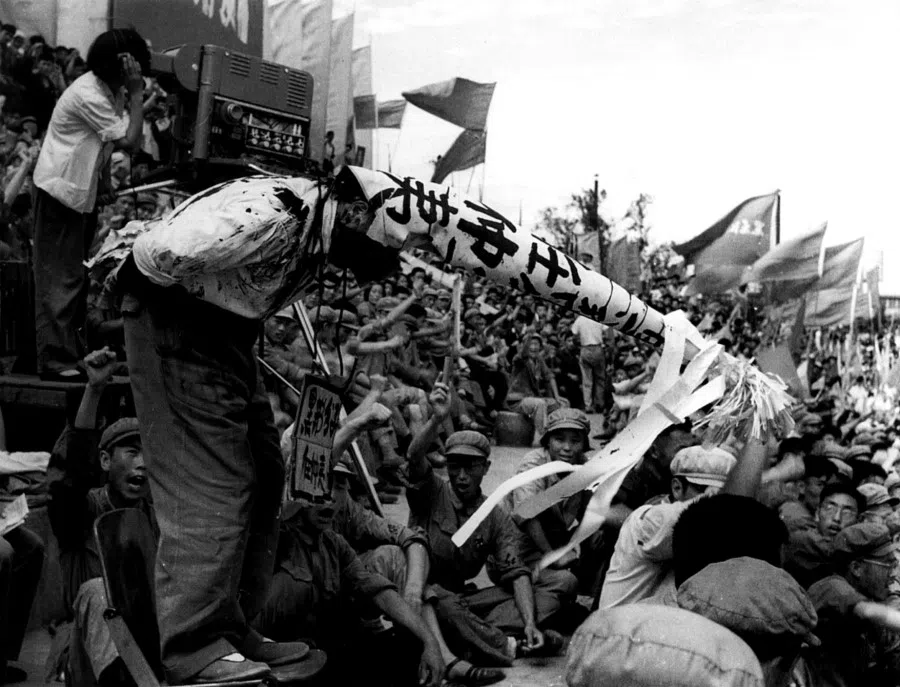
"Book-centric" means making official ideology the only orthodox doctrine, while other ideas and concepts are heretical or even subversive to the nation. In the early stages of China's reform and opening up, intellectual and cultural circles put forward a famous slogan "There are no forbidden zones in reading" (读书无禁区), advocating freedom of expression, embracing a wide range of knowledge, and promoting democracy, freedom, the rule of law, and openness. At the time, this played a crucial role in promoting the liberation of thought and embracing the world.
Many Chinese people studying abroad in the West would see that university libraries there had books by Karl Marx and Friedrich Engels, authors of The Communist Manifesto, as well as Adolf Hitler's Mein Kampf. This represents an open-minded and inclusive attitude, encouraging and allowing people to independently judge right from wrong and seek the truth, which is the essence of modern civilisation.
Frankly, in the 21st century, with today's sophisticated circulation of information and the comprehensive development of independent personalities, the "superior-centric" and "book-centric" approaches are increasingly ineffective. However, there seems to still be a certain market for the "self-centric" approach, if it is skillfully packaged and promoted, such as through populism.
This may explain why Putin often uses terms like "homeland" and "patriots" in his speeches, even though the war he initiated is a blatant invasion of the homeland and sovereignty of the Ukrainian people, and a great tragedy and shame for the Russian nation. Putin himself is the biggest creator of two-faced characters.
This article was first published in Lianhe Zaobao as "普京陷入"两面人"怪圈".
Related: Why democracy is failing and why some authoritarian regimes might just work | China's pragmatic party diplomacy in Southeast Asia | Is China indeed the biggest threat to the US? | What is China's biggest challenge? | Is China attempting to change the world order? | America's ideological crusades against China highlight conflict of values
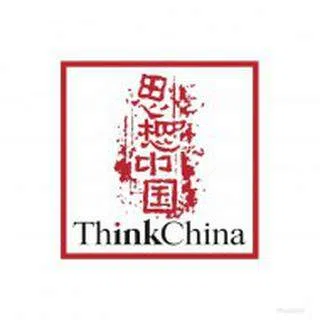


![[Big read] When the Arctic opens, what happens to Singapore?](https://cassette.sphdigital.com.sg/image/thinkchina/da65edebca34645c711c55e83e9877109b3c53847ebb1305573974651df1d13a)
![[Video] George Yeo: America’s deep pain — and why China won’t colonise](https://cassette.sphdigital.com.sg/image/thinkchina/15083e45d96c12390bdea6af2daf19fd9fcd875aa44a0f92796f34e3dad561cc)
